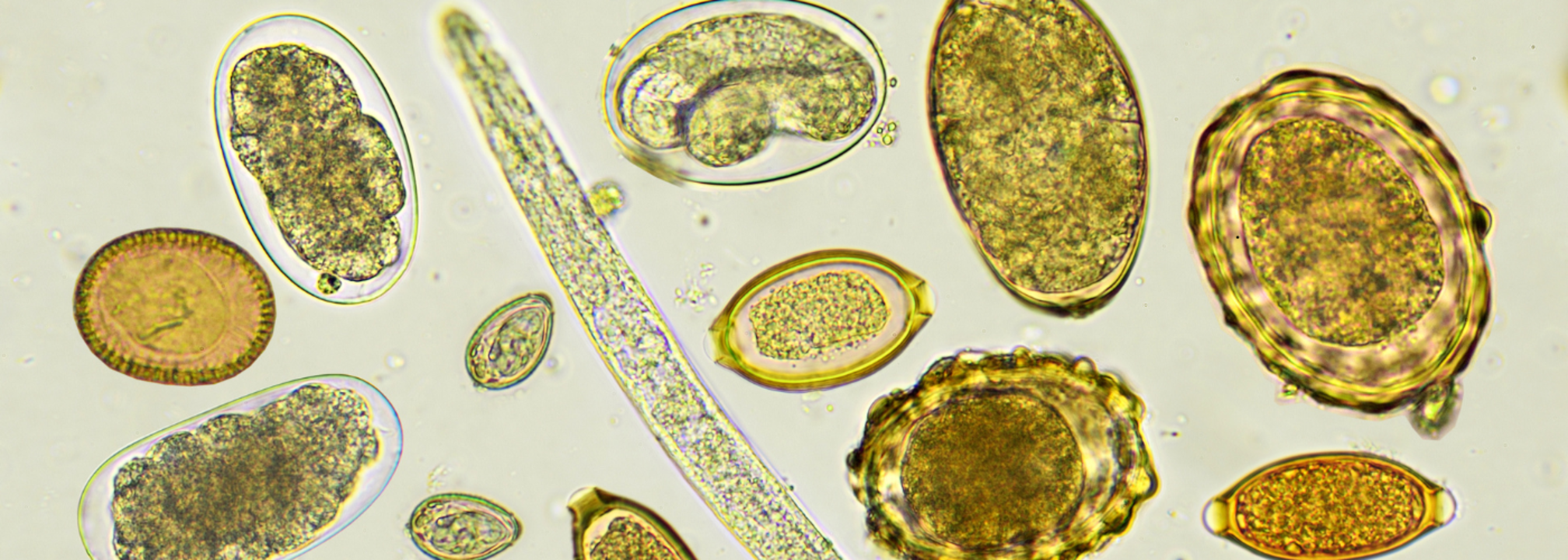10 Signs You May Have A Parasite

Credits: Canva
SummaryParasites can cause digestive issues, fatigue, skin problems, anemia, and more. Symptoms vary, often mistaken for other conditions. Proper testing is key for diagnosis.
End of Article

Credits: Canva